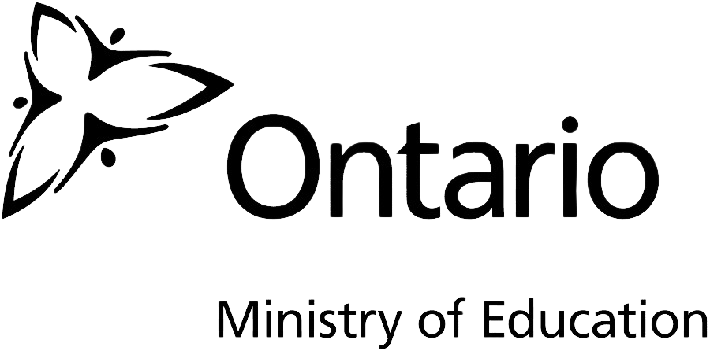
Martin Doherty is the CEO of Ethos Education & Canadian Global Academy : the exclusive authorized provider of the renowned 3rd globally ranked Ontario Ministry of Education‘s curriculum and Digital Learning Platform outside of Canada. He is also the founder the cutting edge magazine, Education Distruptor.
Through our School Partnership Program, we empower schools worldwide to attain Canadian Accreditation, providing the opportunity to establish themselves as Canadian Accredited schools. Additionally, home-based businesses can run their own Canadian Accredited Micro-School. Contact us today to learn more!
Related Posts
- The Future is Now: 3 Emerging EdTech Trends Transforming International Education
Explore the future of education with emerging EdTech trends revolutionizing school technology & innovation worldwide.…
- The Future of Learning: Are Virtual & Microschool Models the New Face of International Education?
Explore how microschooling and virtual education are reshaping the International Education Landscape for future generations.




